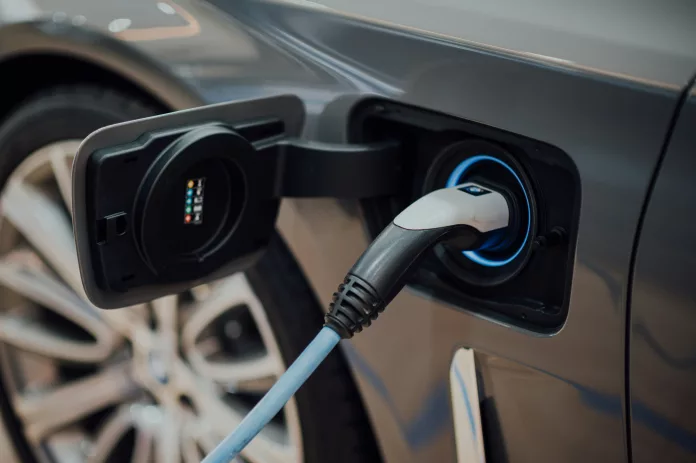Technology evolves and with it, our lifestyle choices shift. A spectrum of adopters ranges from the early innovators to those more reticent to change. While the latter group may require time and persuasion, oftentimes a gentle guiding hand is the method of choice. Yet, in certain scenarios where the technology at hand is critical for pressing issues like environmental conservation, a more assertive stance must be taken.
The Intersection of Technological Advancement and Policy
Recently, U.S. Transportation Secretary Pete Buttigieg faced such a scenario head-on. Electric vehicles (EVs) were at the core of the debate—a subject intertwined with combating pollution and climate change. Stepping onto the politically charged battleground of Fox News, Buttigieg’s tact was nothing short of a verbal joust against EV opponents, advocating for progression with adept, albeit pointed, rhetoric.
Pete Buttigieg’s Candid Metaphor on Tech Evolution
Buttigieg drew a poignant analogy between today’s anti-EV arguments and the early 2000s skepticism towards cell phones. His remark, “I feel like it’s the early 2000s and I’m talking to some people who think we can just have landline phones forever,” captures the essence of technological inertia. It resonates deeply, reflecting on the past reluctance to adapt to cell phones as an allegory for current EV hesitance.
Indeed, this reflection reveals the ubiquity of electric vehicles within the automotive industry’s future, echoing a sentiment familiar to readers and underscoring the undeniable progress towards cleaner transportation. The automobile market is decisively driving forward into the EV era, regardless of lingering attachments to fossil fuels.
The Strategy Behind Going on Fox News
The practice of appearing on Fox News is not unanimously embraced among Democrats, given the network’s reputation for manipulation and misrepresentation. Nonetheless, Buttigieg has consistently accepted this daunting challenge, artfully navigating tricky dialogues with confidence and poise. His goal is clear: to pierce through the ideological bubble and reach an audience otherwise insulated from such progressive narratives.
Transcending the network’s tarnished reputation, Buttigieg’s engagements have the potential to spark necessary dialogue, albeit to an audience immersed in a maelstrom of confirmation bias and misinformation. Whether this strategy can turn the tides of opinion regarding EVs remains uncertain, yet it’s a bold and necessary endeavor in promoting broader societal change.
The dialogue surrounding electric vehicles is much more than political—it’s a conversation about sustainability, innovation, and the future of our planet. Figures like Buttigieg play a crucial role in steering this conversation towards a more informed and environmentally conscious public discourse.


























